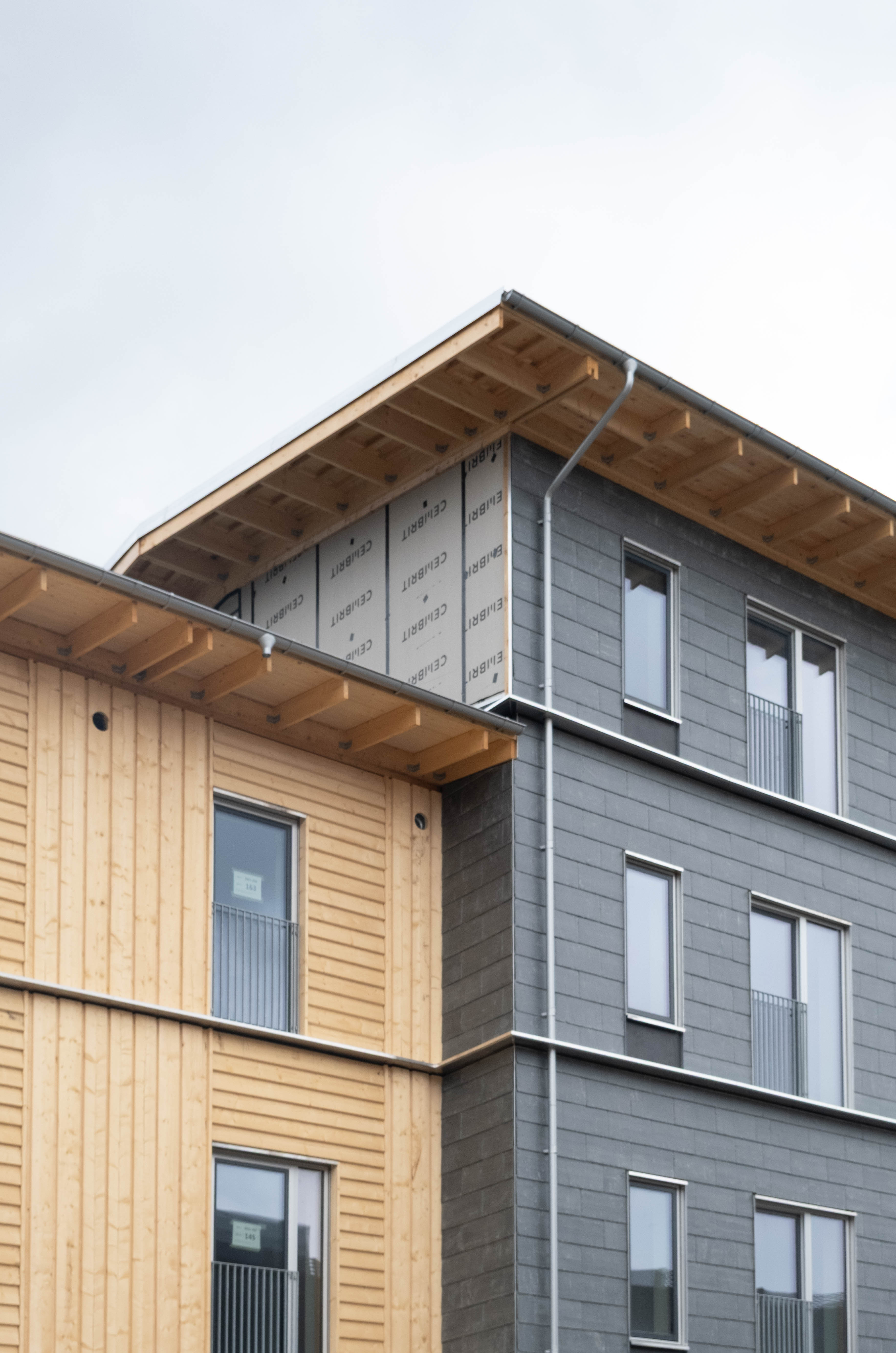We’re facing a dilemma
We need more homes. But every time we build, we leave a mark on the planet. A mark that has made an impression on us at Home.Earth. A dilemma we’ve committed to solving.
That’s why we started Home.Earth. With decades of experience in the real estate industry, we are rethinking real estate to serve people and planet.
That’s why we started Home.Earth. With decades of experience in the real estate industry, we are rethinking real estate to serve people and planet.



